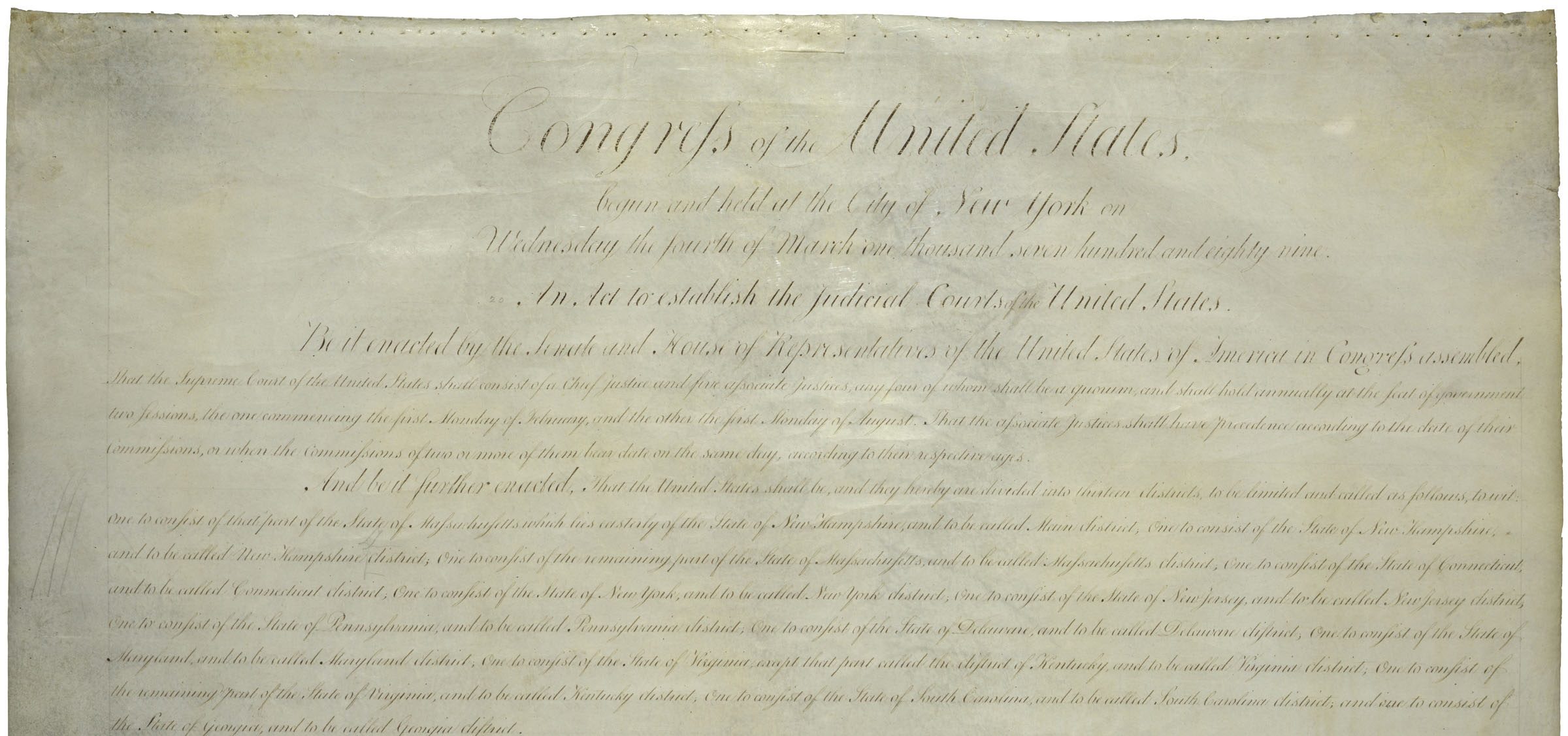In Umbrella Investment Group, LLC, et al v. Wolters Kluwer Finan. Servs., Inc., No. 20-30078 (5th Cir. Aug. 26, 2020), the panel holds that it has appellate jurisdiction over the dismissal of “all claims … without prejudice” for failure to state a claim under Fed. R. Civ. P. 12(b)(6), by alleging fraud without the specificity required by Rule 9(b).
The district court granted the 12(b)(6) motion and then rendered judgment in favor of Wolters Kluwer while stating that “all claims in the above-captioned matter are DISMISSED WITHOUT PREJUDICE.” On appeal, Wolters Kluwer challenged appellate jurisdiction on the theory that a without-prejudice dismissal is not a final judgment, and thus jurisdiction under 28 U.S.C. § 1291 was lacking.
The panel finds that it has jurisdiction, drawing a distinction between the dismissal of a complaint without prejudice (which is non-final, because a plaintiff may replead) and dismissal of a claim. “The district court entered judgment dismissing ‘all claims in the above-captioned matter,’ and a judgment dismissing all claims is a judgment dismissing an action. As one court has explained, ‘[t]he dismissal of an action – whether with or without prejudice – is final and appealable.’ Ciralsky v. C.I.A., 355 F.3d 661, 666 (D.C. Cir. 2004). Alternatively, the judgment should be read that way because, as another court stated, it ‘looks both ways.’ Hoskins v. Poelstra, 320 F.3d 761, 764 (7th Cir. 2003). In Hoskins, similar to this case, the district court dismissed a ‘complaint’ ‘without prejudice,’ ordinarily a nonfinal decision, while issuing a ‘final’ judgment in the defendants’ favor under Rule 58. Id. at 763. To avert traps for the unwary in ambiguous cases, we treat the court’s decision/judgment on ‘all claims’ as final and appealable.”
